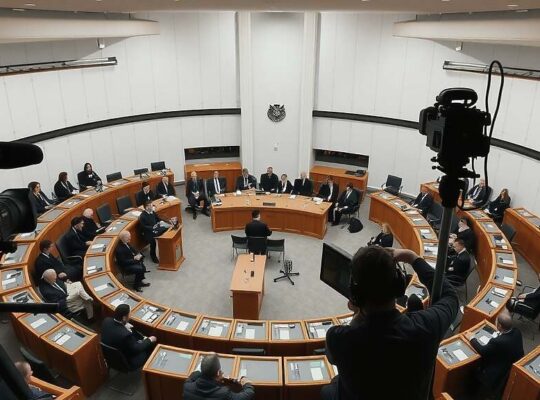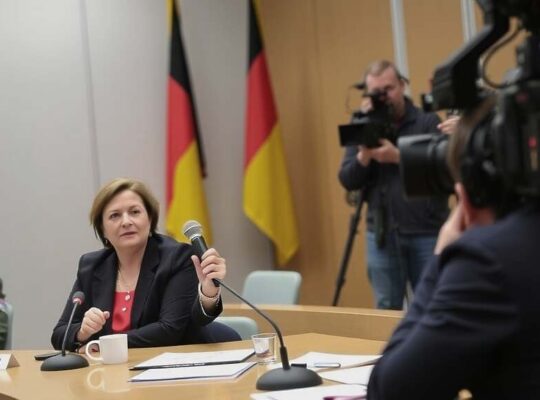The International Criminal Court’s recent decision to transition away from Microsoft software and adopt the German open-source suite, Open Desk, has ignited a renewed debate within Germany regarding the nation’s reliance on US-based cloud providers. Security policymakers within the Christian Democratic Union (CDU) parliamentary group are now advocating for a phased withdrawal from these services, citing concerns over geopolitical leverage and potential operational vulnerabilities.
Roderich Kiesewetter, CDU’s foreign policy spokesperson, voiced his apprehension in an interview with “Handelsblatt”, arguing that Germany needs to prioritize the development of domestic or European digital solutions to mitigate future risks. He emphasized that critical infrastructure providers and government agencies, in particular, should actively reduce their dependence on US services, even if it incurs higher costs or temporarily limits functionality.
Marc Henrichmann, chair of the Bundestag’s oversight committee for intelligence agencies, echoed this sentiment, emphasizing the desirability of utilizing European or German software adhering to rigorous security and data protection standards.
A key driver of this push is the perceived instability within the transatlantic relationship, particularly anxieties surrounding the potential return of Donald Trump to the US presidency. Kiesewetter specifically highlighted the risk of the US wielding software updates as a form of geopolitical pressure or rendering vital cloud services unusable at Washington’s discretion. This dependence, he argues, extends beyond simple data storage and encompasses the very ongoing maintenance and security of essential systems.
While acknowledging the immediate challenges of transitioning away from established US-dominated cloud infrastructure – given their current market dominance – Kiesewetter insists on accelerating progress towards digital sovereignty within Europe. He called for rapid advancements, recognizing that a complete shift may not be feasible in the short term. Henrichmann further underscores the necessity of a “clear European digital strategy” that stimulates innovation, guarantees security and actively pursues technological independence as a core objective. The ICC’s decision, therefore, is seen not just as a procedural change, but as a potential catalyst for a much larger and potentially transformative reassessment of Germany’s digital infrastructure.












